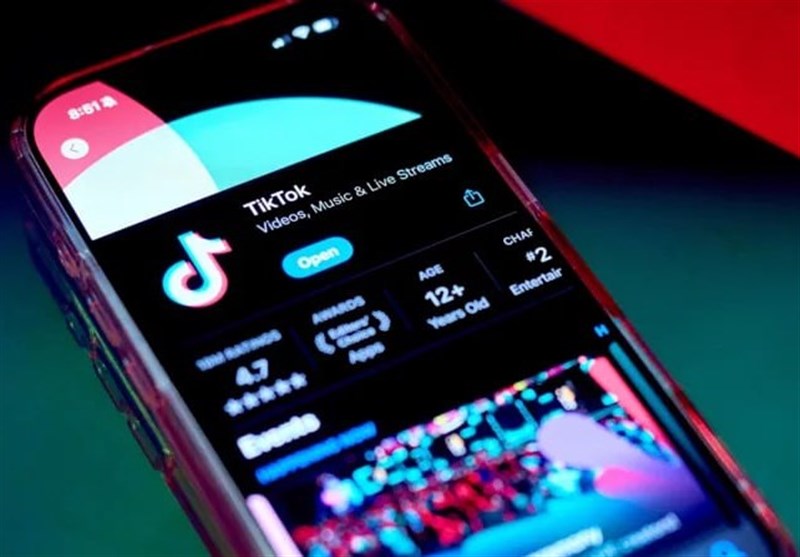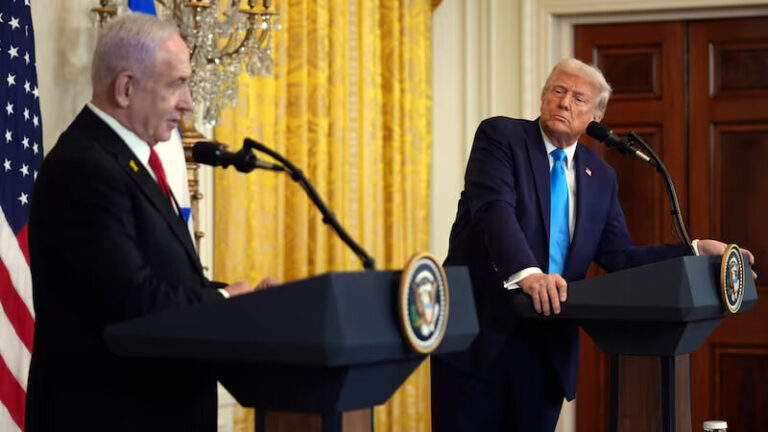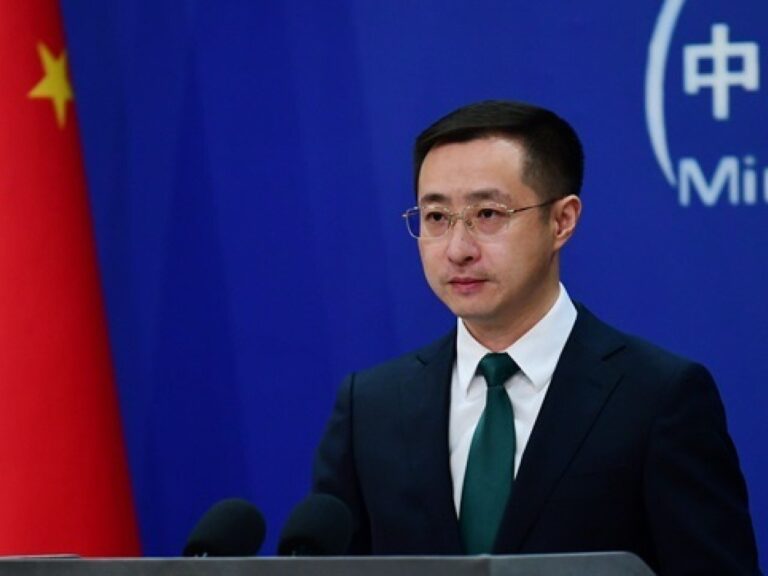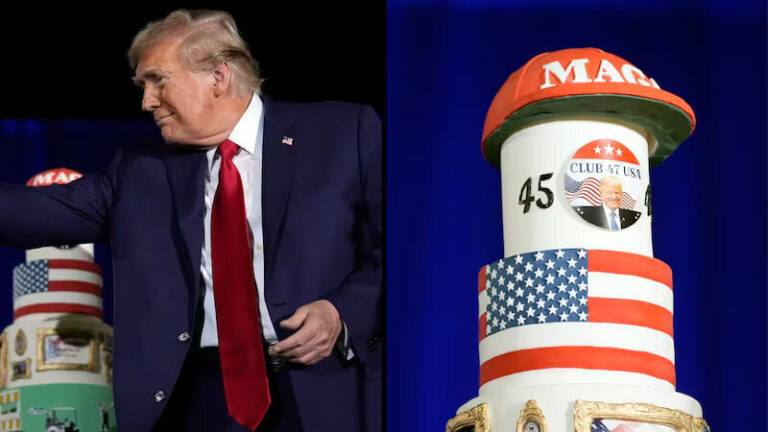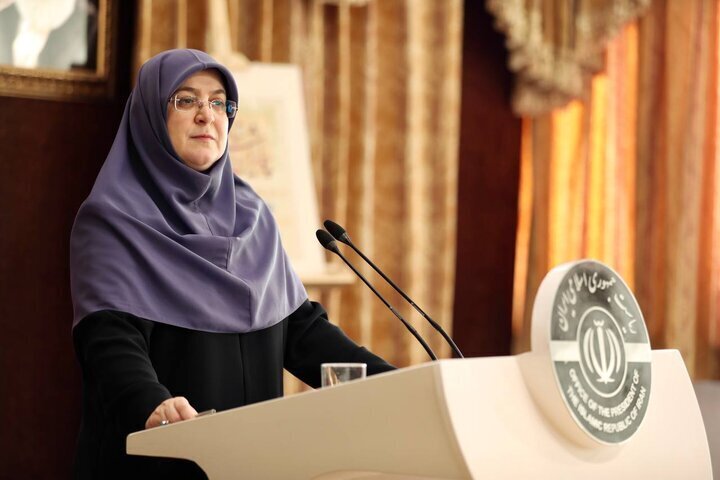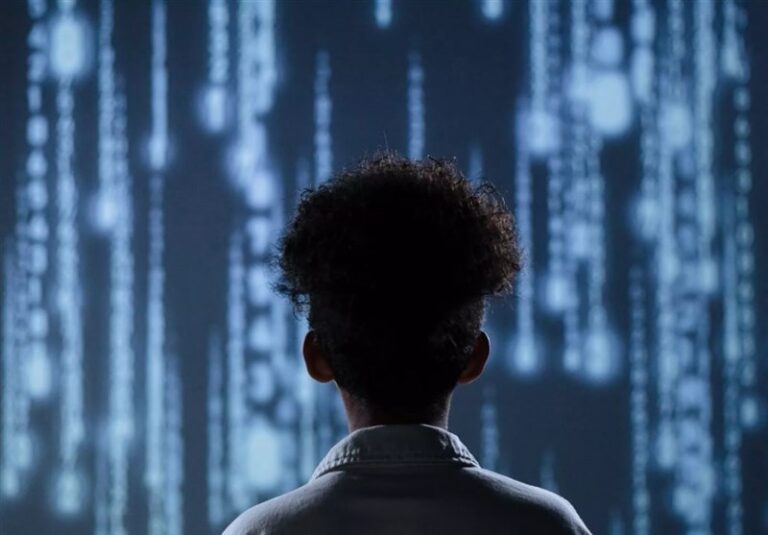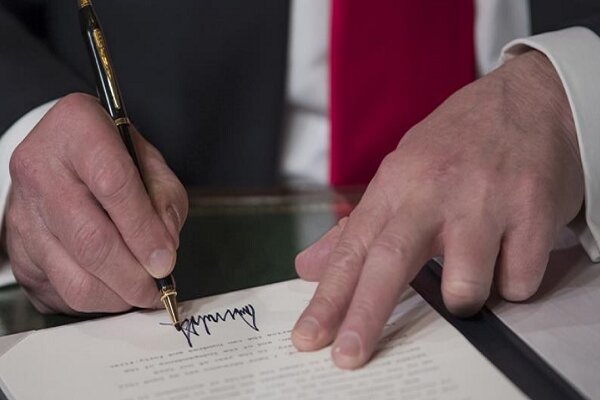TikTok Reinstated in US App Stores as Trump Postpones Ban Enforcement
TikTok has made its comeback on the Apple and Google app stores in the United States, creating a buzz among its over 170 million users. This resurgence comes after President Donald Trump decided to postpone the enforcement of a ban on the popular Chinese-owned social media platform until April 5. The app had faced a temporary removal last month as the deadline for the initial ban loomed, leading to widespread speculation about its future.
In a notable turn of events, Trump issued an executive order that granted TikTok a 75-day extension to comply with a law requiring the sale of its operations to a neutral party or face prohibition. This extension has provided TikTok with a lifeline, at least temporarily. As of now, TikTok has not yet responded to requests for comments from media outlets like BBC News.
According to a report by Bloomberg, which was the first to announce that TikTok is back on app stores, Apple and Google reinstated the app after securing assurances from the Trump administration. These assurances stated that the tech giants would not be held liable for allowing downloads of TikTok and that the ban would not be enforced immediately.
The legislation that led to this situation was passed with bipartisan support in Congress and was signed into law by former President Joe Biden. This law requires TikTok’s Chinese parent company, ByteDance, to divest its U.S. operations in order to prevent a complete ban on the app. The Biden administration has raised concerns that TikTok could be exploited for Chinese espionage and political manipulation. However, both TikTok and the Chinese government have consistently denied these allegations. Beijing has also previously dismissed calls for the sale of TikTok’s U.S. business.
The support for this legislation has come from lawmakers across the political spectrum, and it was ultimately upheld by the Supreme Court. Notably, Trump had previously advocated for banning TikTok during his first term but appeared to shift his stance during the last presidential race. He expressed a “warm spot” for the app, particularly highlighting the billions of views his campaign videos received on the platform. When TikTok became accessible again in the U.S. last month, a pop-up message acknowledged Trump by name, thanking him for his support.
Following his electoral victory in November, TikTok CEO Shou Chew had a meeting with Trump at Mar-a-Lago, and he later attended Trump’s inauguration. Trump has suggested the possibility of finding a compromise that aligns with the law’s intent rather than adhering strictly to its wording. He even proposed a scenario where TikTok could be jointly owned, stating, “What I’m thinking of saying to someone is buy it and give half to the US, half, and we’ll give you a permit,” during a recent press conference focused on artificial intelligence.
In addition to this, Trump has shown openness to the idea of selling the platform to prominent figures such as Oracle co-founder Larry Ellison or billionaire Elon Musk, who leads the Trump administration’s Department of Government Efficiency. Other potential buyers include billionaire Frank McCourt and Canadian investor Kevin O’Leary, who is well-known for his role on the reality show Shark Tank.
In an interesting twist, YouTube’s most-subscribed creator Jimmy Donaldson, better known as MrBeast, has also expressed interest in acquiring TikTok. He mentioned that multiple investors approached him after he shared the possibility on social media.
This ongoing saga surrounding TikTok is far from over. As the deadline of April 5 approaches, many questions remain unanswered. Will TikTok comply with the law and find a neutral party to sell its U.S. operations? Or will it continue to operate under the current structure, potentially facing further legal challenges? The outcome of this situation will not only impact TikTok and its users but could also set a precedent for other foreign-owned apps operating in the U.S. market.
As the world watches this unfolding drama, TikTok’s future hangs in the balance, raising concerns about data privacy, national security, and the influence of foreign technology companies in the American digital landscape. With significant players like Trump, Ellison, Musk, and others potentially involved in the future of the app, the coming weeks will be crucial in determining the path forward for TikTok in the United States.
